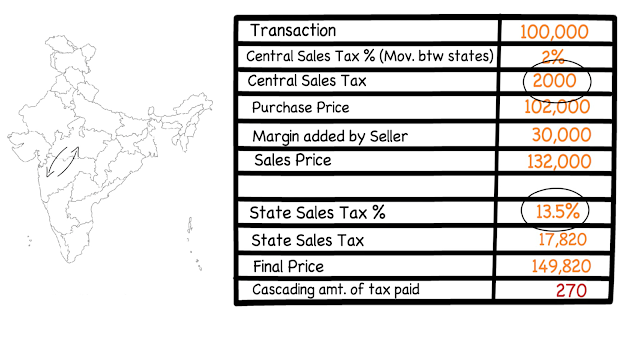Surprisingly I found many agreed that the needs of the many outweighs that of the few, in fact this was even associated to Rewards and Recognition system
Consider a situation where you have a large team whose overall performance varies from average to just above average; on the other hand you have a smaller team which has consistently performed well - but they form a smaller portion of your organization. If you apply the above principle, it would be wiser to reward the larger team, as a larger portion of the company would end up with a higher morale after the awards ceremony
While this may sound logical and many Senior Manager's opts this method in the hope to reduce attrition & improve team morale - in reality this has the opposite effect on the organization. The team which performed well feels disadvantaged they would realize 'no matter how we perform, the result would be the same - so why sweat it out?'
The larger teams' Manager would rejoice - he would, with all probability, like to believe he has done a good job; however the team knowing better, understands there is no value in the reward and thinks either there was a political angle for the award or that the senior Management has no clue on the ground reality. Also, the team would think that this is the 'level of work' expected by the organization and would continue working on these lower standards - Thus a simple R&R has lowered the expected working standard of your organization!
If you apply the same principle to a society - where there are 8 thugs and 2 good men; what would be the greater good? Theft, murder, bribery? The 8 thugs would vouch that the 2 men are murdered, for the greater good, as there would be no one to report their misconducts!
So by blindly satisfying the needs of many, one only facilitates in degrading the society. Whether in projects or society one should take decisions based on Principles and not rules bent to satisfy situations


No comments:
Post a Comment